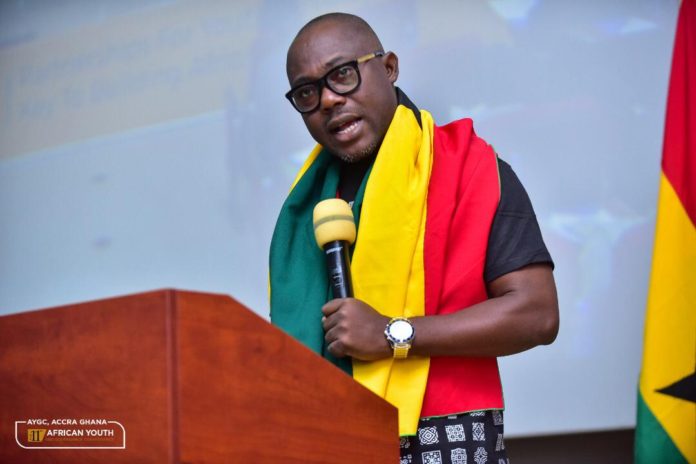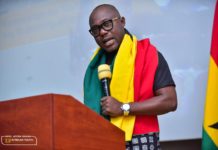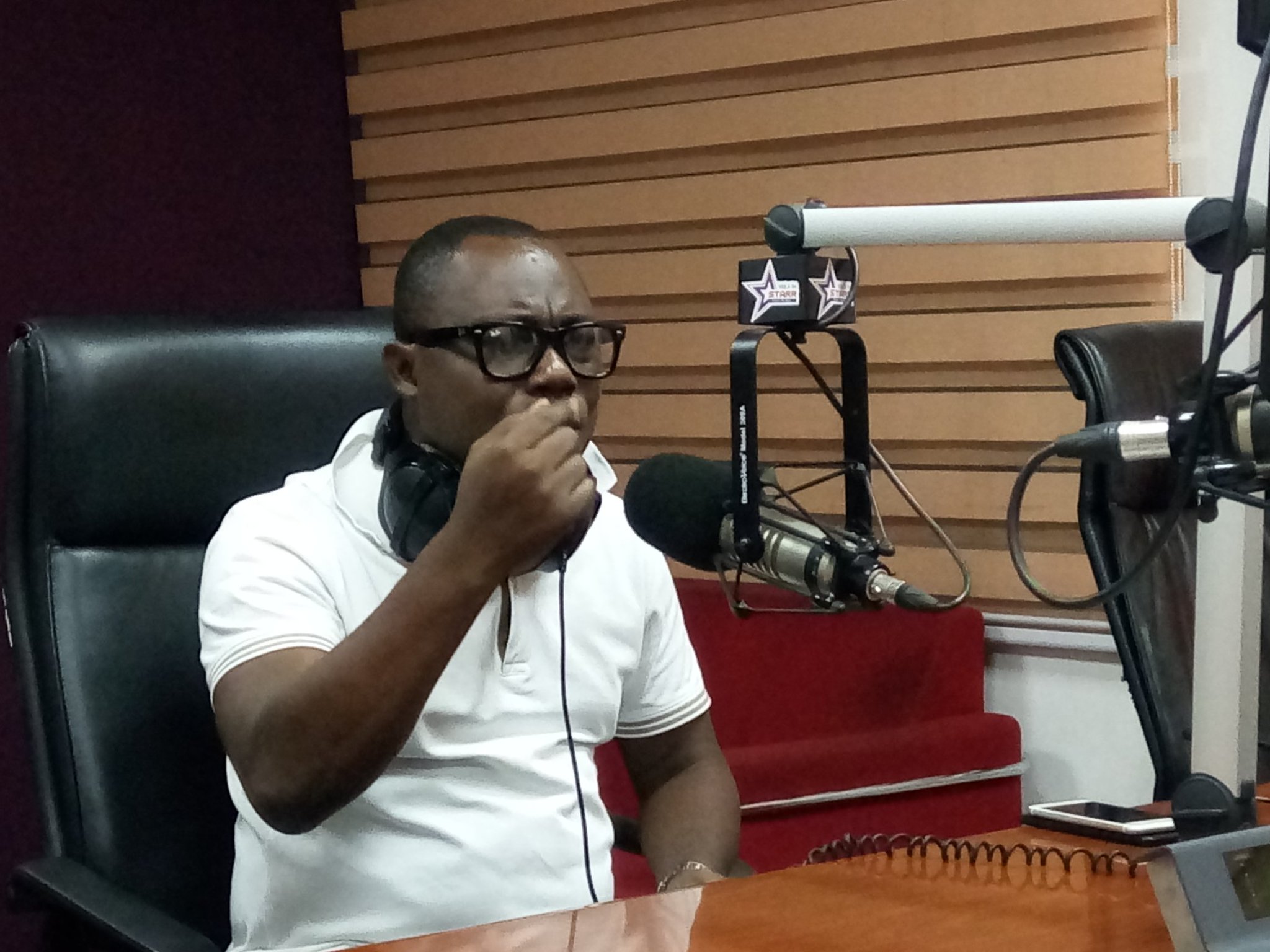
Professor Ransford Yaw Gyampo has cautioned Ghanaians against making journalists tin-gods in the country.
“As a nation, we must defend press freedom. But let us also be sure that we do not, in the process, make some people tin-gods and tin-goddesses. We must condemn the disingenuous attacks of social media political land guards and call on government to be more tolerant.
“But at the same time, we must reject any attempt at foisting media tyranny on our democratic practice. It must be made clear to media practitioners that they cannot also be above the law, simply because they have access to certain platforms that others do not have,” he wrote in a statement in response to the latest World Press Freedom Index.
He continued: “They must rethink their sensationalism and deliberate attempts by some to lie, dent reputations and refuse to properly retract and apologize with impunity. These would always serve as a recipe for actions from all quarters to undermine press freedom.”
Mr. Gyampo’s reactions were on the back of the abysmal performance in which Ghana dropped 30 places from 2021 to rank 60th on World Press Freedom Index 2022 with a score of 67.43.
Ghana has also dropped significantly on the continental ranking for the safety of journalists.
African countries ahead of Ghana include Namibia, South Africa, Cabo Verde, Côte d’Ivoire, Burkina Faso, Sierra Leone, Gambia and Niger.
“Although the country is considered a regional leader in democratic stability, journalists have experienced growing pressures in recent years. To protect their jobs and their security, they increasingly resort to self-censorship, as the government shows itself intolerant of criticism,” the World Press Freedom indicated in its latest ranking released May 3, 2022.
Below is Prof. Gyampo’s full statement
A Response to Ghana’s Recent Ranking on Press Freedom
- In my line of work as an academic, I value peer assessment and reviews from both local and international experts. Assessment of our Democracy and Media Freedom must be done and fully appreciated first locally, because we understand the issues better. International assessment must only come to confirm what we already know. In this regard, our penchant for swallowing hook, line and sinker, every international assessment, without questioning them, in a manner that creates the impression that only international assessments are valid, is neocolonial and a betrayal of lack of faith in ourselves as a people. Some local assessors may be bias but some are also more competent than some of the ignorant foreign informants who are used to collect data about our country. There must be a proper blend between local and foreign assessments in a manner that doesn’t make us always beholding to only what foreigners tell us as being the gospel truth on every matter.
- The Reporters without Borders have ranked Ghana 60th out of 180 countries in their 2021 Press Freedom Rankings. Monitoring the various responses from media practitioners in Ghana since the release and publication of the rankings, it appears there is consensus among them (local media practitioners in Ghana) that, the press has truly not been entirely free for sometime now, and to my mind as a nationalist, it is what the local media practitioners are saying that we must put premium on, as a sovereign nation.
- If the press isn’t free, culpability would be placed at the door step of those who wield power, authority and influence within and outside government. But since a ranking of higher press freedom would have been touted as achievement by government, the bucks must stop with same government in addressing the issues that undermine press freedom.
- As a nation, we must defend press freedom. But let us also be sure that we do not, in the process, make some people tin-gods and tin-goddesses. We must condemn the disingenuous attacks of social media political land guards and call on government to be more tolerant. The public utterances and body language of higher public officials, particularly the President of the Republic, from now onwards, must admit the challenges we face and send a clear message of intolerance for acts that undermine press freedom.
- But at the same time, we must reject any attempt at foisting media tyranny on our democratic practice. It must be made clear to media practitioners that they cannot also be above the law, simply because they have access to certain platforms that others do not have. They must rethink their sensationalism and deliberate attempts by some to lie, dent reputations and refuse to properly retract and apologize with impunity. These would always serve as a recipe for actions from all quarters to undermine press freedom.
- The point must be emphasized that, no nation can climb higher the ladder of democratic progression with a stifled press. At the same time, if even the President of the land cannot be above the law, then SOME media practitioners cannot foist the acceptance of media tyranny on our democratic practice, and arrogate to themselves the right to be immune from criticisms.
- So, while the government has a role to play to address the current poor show in terms of media freedom, media practitioners themselves must also have a role to play in terms of being responsible while freely going about their work. For, media freedom can never be licentious for media tyranny.
Yaw Gyampo
A32, Prabiw PAV Ansah Street
Saltpond &Suro Nipa House
Kubease Larteh-Akuapim
Source: Ghana/Starrfm.com.gh/103.5FM/Isaac Dzidzoamenu




